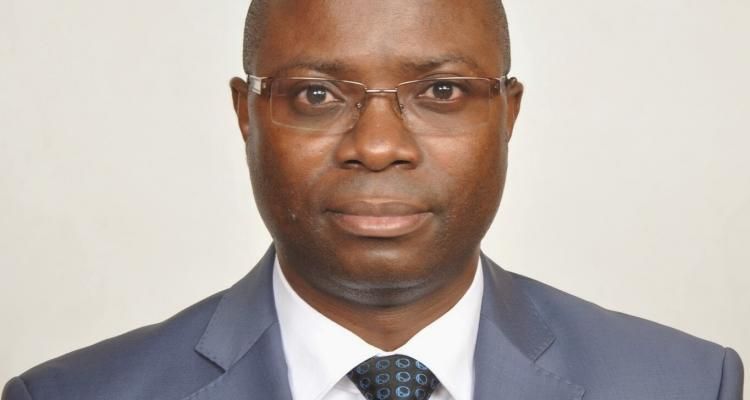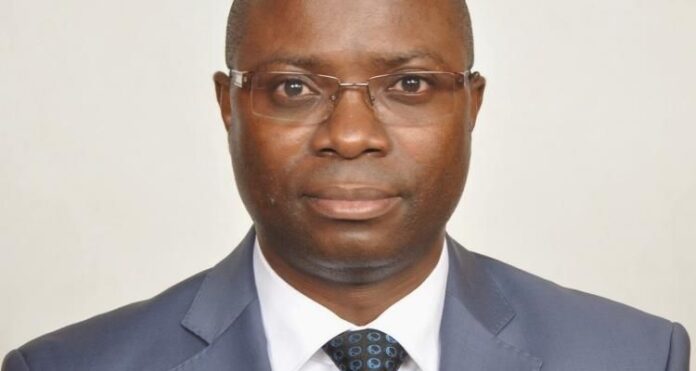By Burnett Munthali
Ralph Kasambara’s death has left a cloud of mystery hovering over Malawi. As a towering figure in law, politics, and society, his contributions and controversies have sparked debate across the nation. The circumstances of his demise have prompted questions about justice, accountability, and the broader implications for Malawi’s political landscape. To shed light on these concerns, I engaged social commentator Rick Dzida for a candid discussion.
Kasambara’s legacy is a paradox. On one hand, he was a staunch advocate for justice and human rights, playing pivotal roles in shaping Malawi’s legal framework. He served as president of the Malawi Law Society, took on high-profile cases, and was a vocal critic of the Mutharika administration. On the other hand, his legacy is marred by controversy. Convicted for conspiracy to murder Paul Mphwiyo in a case tied to the infamous Cashgate scandal, he became a symbol of corruption for some. Dzida described Kasambara as a polarizing yet respected figure whose intellectual prowess and fearless engagement with powerful institutions made him both admired and mistrusted.

The official explanation attributes Kasambara’s death to a chronic heart condition. Dzida, while acknowledging Kasambara’s history of heart issues, believes the narrative lacks the depth required to quell public skepticism. Kasambara’s openness about his health challenges and frequent medical check-ups in South Africa are well-documented. However, the timing of his death and his controversial past have fueled speculation. Dzida emphasizes the need for a thorough investigation, particularly given allegations of a secret visitor on the night of his death. Such claims, coupled with reports of drugs found in his room, only add layers to the mystery.
The drugs raise troubling questions. Could they suggest an accidental overdose, foul play, or personal struggles? Dzida insists that toxicology and autopsy reports are crucial to clarifying this aspect. “The presence of drugs complicates the narrative,” he says, urging investigators to leave no stone unturned.
Was Kasambara’s death politically motivated? Dzida points to his history of confronting powerful figures and institutions as a possible motive. Kasambara’s legal battles and criticism of government actions may have earned him enemies capable of orchestrating his demise. Yet, Dzida cautions against jumping to conclusions without concrete evidence. He also highlights the need for transparency, noting that a secretive investigation would only deepen public mistrust.
Some UTM members have called for an independent inquiry, a proposal Dzida supports wholeheartedly. “An independent inquiry would ensure transparency, impartiality, and accountability,” he asserts, adding that such a move would help dispel rumors and restore faith in Malawi’s justice system.
The unresolved nature of Kasambara’s death poses significant challenges for Malawi’s justice system. Dzida warns that failure to address the case thoroughly risks eroding public trust. “People may begin to view justice as selective,” he explains, “and this perception undermines democracy.”
Adding to the complexity is the coincidental tragedy of Vice President Saulos Chilima’s death, which overshadowed Kasambara’s case. Chilima’s passing in a plane crash en route to Kasambara’s burial diverted national attention, potentially slowing momentum for a deeper investigation. Dzida urges authorities to ensure that both tragedies receive the attention they deserve.
How can Malawians honor figures like Kasambara in life and death? Dzida calls for robust institutions and public vigilance. “We must demand accountability, ensure transparency, and celebrate contributions without ignoring controversies,” he says. He emphasizes the role of independent media, civil society, and an engaged citizenry in holding leaders accountable.
Ralph Kasambara’s death is more than a personal tragedy; it is a litmus test for Malawi’s commitment to justice and accountability. As the nation grapples with the unanswered questions surrounding his demise, one thing is clear: a transparent, comprehensive investigation is not just necessary but essential for restoring public trust and ensuring justice for all.



